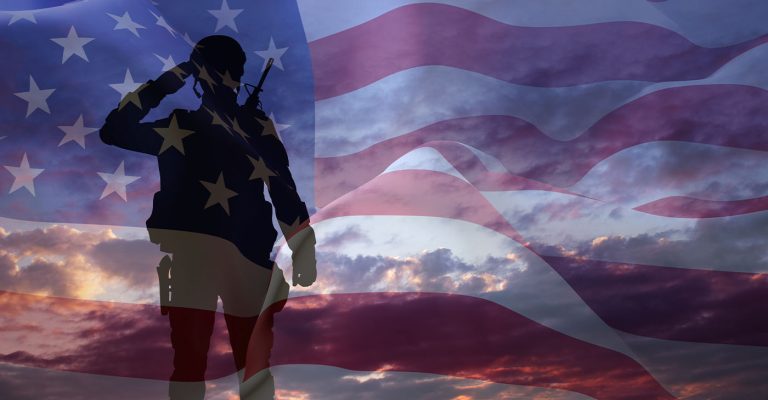By Stacy M. Brown
Black Press USA Senior National Correspondent
The Posse Comitatus Act was born in 1878. It was short, a single sentence, but it carried a promise: soldiers would not patrol American streets. Its origin was poisoned by the retreat from Reconstruction and the rise of Jim Crow, but its meaning grew larger. It became a vow that liberty cannot live where rifles enforce the law of civilians.
Donald Trump has ripped that vow. He sent California National Guard troops into Los Angeles, not with the governor’s consent but against it. He leaned on a statute written for rebellion when no rebellion existed. He placed armed men in neighborhoods where citizens protested his policies, and in doing so, he showed his intent: not to protect the people but to remind them of his power.
Gov. Gavin Newsom answered directly. “We didn’t have a problem until Trump got involved. This is a serious breach of state sovereignty, inflaming tensions while pulling resources from where they’re actually needed,” Newsom wrote to Defense Secretary Pete Hegseth. “Rescind the order. Return control to California.” California Attorney General Rob Bonta brought the charge into focus. “There is no rebellion,” Bonta stated. “The President is trying to manufacture chaos and crisis on the ground for his own political ends.”
Los Angeles Mayor Karen Bass, too, rejected the claim of disorder. “This is not citywide civil unrest taking place in Los Angeles. A few streets downtown, it looks horrible,” Bass said. “Those found committing acts of vandalism will be arrested and prosecuted.” History knows the moments when presidents sent troops to face citizens. Eisenhower sent them to Little Rock. Kennedy sent them to Mississippi and Alabama. Johnson sent them to Selma. Each time, the aim was to break segregation and open the door to justice. Trump’s act is not of that kind. He brings the military not to defend freedom, but to frighten those who demand it.
At Marine Corps Base Quantico, he assembled more than 800 generals and admirals. They flew in from across the world, ordered to sit and listen. “I’m thrilled to be here this morning to address the senior leadership of what is once again known around the world as the Department of War,” Trump told them. He mocked former President Joseph R. Biden Jr., praised tariffs and border walls, and declared, “We should use some of these dangerous cities as training grounds for our military.” Hegseth followed him, railing against what he called “woke garbage” in the armed forces and boasting of the officers he had already removed. “We’ve already done a lot in this area, but more changes are coming soon,” he said.
The gathering raised alarms. Lawmakers questioned its cost and its danger, packing the country’s senior military officers into one room. Critics saw a stage, not a strategy. Yet the silence of the commanders gave Trump what he wanted: the image of a military bent beneath his vision. The Posse Comitatus Act has loopholes. Congress cut them, presidents stretched them, courts blurred them. But the spirit of the law remains clear: a democracy collapses when its soldiers police its streets. Bonta named what is at stake. “The President is trying to manufacture chaos,” he said. “This is not about keeping the peace. This is about power.”







